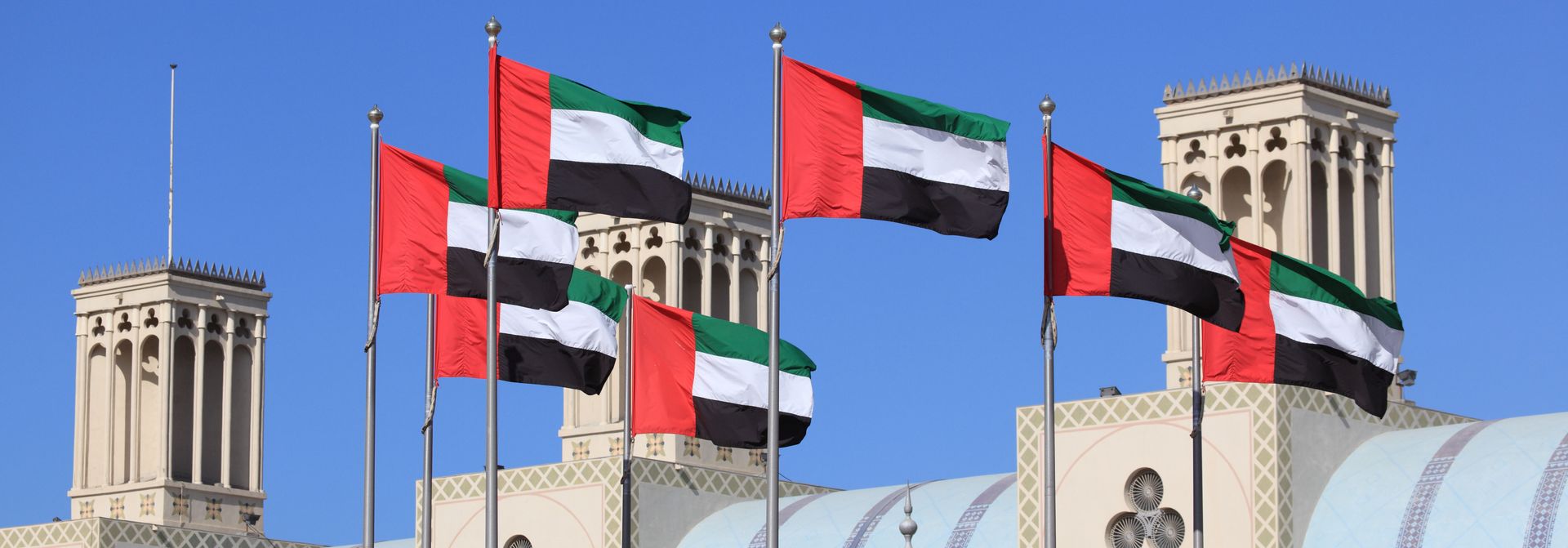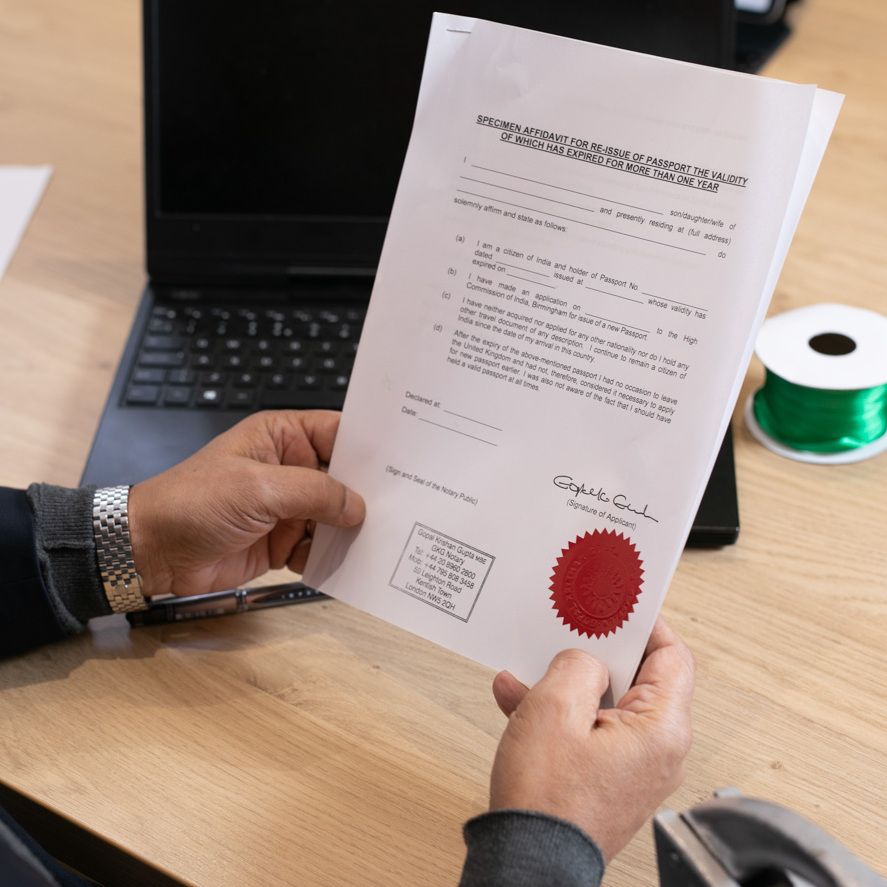Apostille vs Embassy Attestation in the Middle East

The Middle East is one of the most common destinations for UK citizens relocating for work, study, or family life. However, using UK documents in countries such as the UAE, Qatar, Saudi Arabia, and Kuwait requires more than just an APOSTILLE. You will also need embassy LEGALISATION.
Apostille vs Embassy Attestation in the Middle East
- APOSTILLE: Issued by the FCDO in the UK and accepted in HAGUE Convention countries.
- Embassy LEGALISATION: Required for Middle Eastern countries that are not members of the HAGUE Convention.
This means that even if your UK document already has an APOSTILLE, it must still go through the embassy of the destination country to be fully recognised.
Common Documents Requiring Embassy Attestation
- Academic certificates for employment
- Birth and marriage certificates for family visas
- Criminal record checks
- Medical certificates
- Commercial documents such as contracts and incorporation papers
Country-Specific Requirements
- UAE: Most employment visas require attested academic and marriage certificates.
- Saudi Arabia: Work visas typically need attested degrees and police checks.
- Qatar: Both personal and business documents often require embassy LEGALISATION.
- Kuwait: Similar requirements, with strict verification for family documents.
The Process
- Certification – Have your documents notarised or certified where necessary.
- APOSTILLE – Submit to the FCDO for apostilling.
- Embassy LEGALISATION – Apply to the relevant embassy in London for final attestation.
Risks of Skipping Embassy Attestation
Without embassy LEGALISATION, Middle Eastern authorities will reject your documents. This could mean losing a job offer, delaying a family visa, or halting a business deal.
Final Thoughts
For anyone heading to the Middle East, understanding the difference between APOSTILLE and LEGALISATION is crucial. Embassy attestation is not optional — it’s mandatory. Planning ahead ensures your documents are accepted without delay













